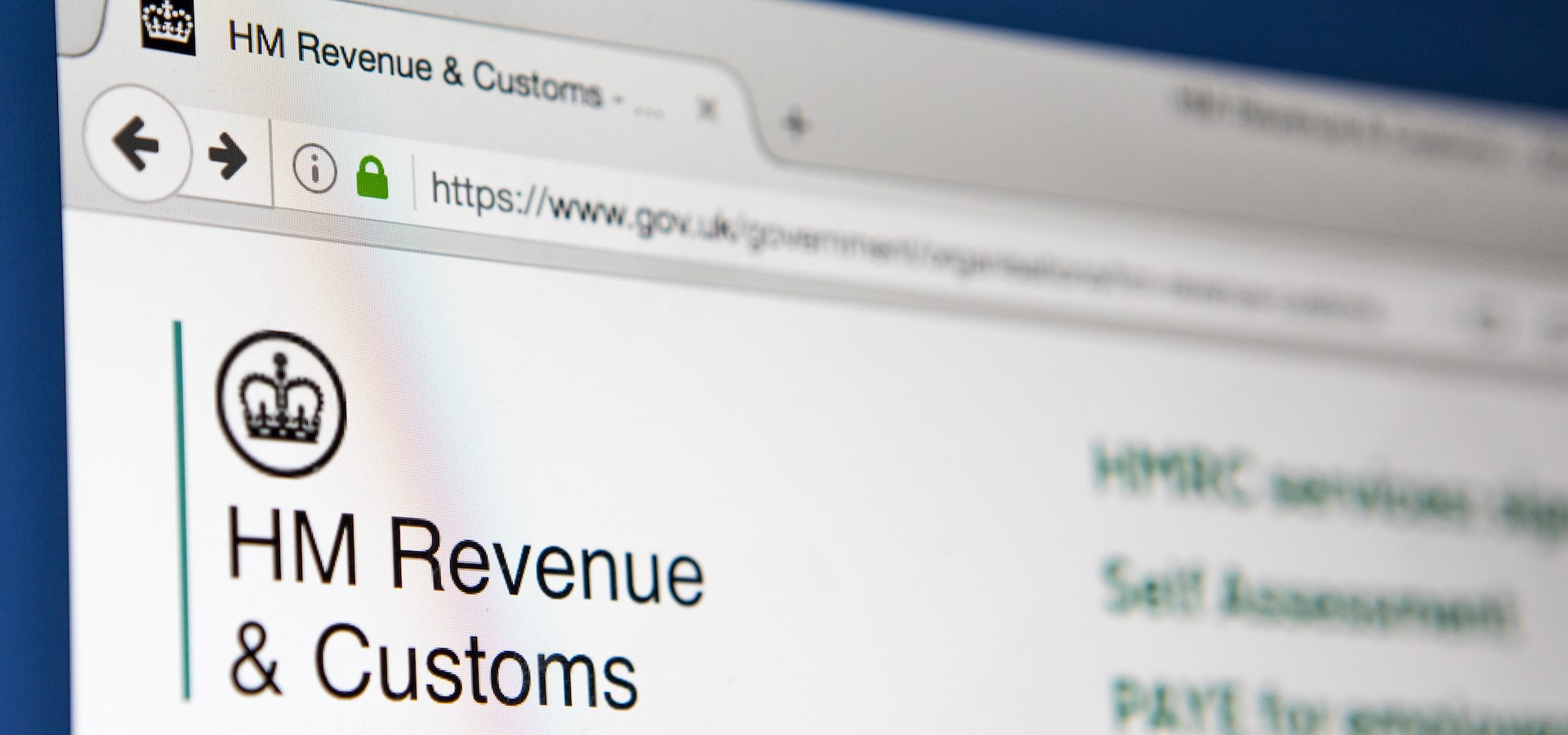Invoice immediately to boost your cashflow
As soon as a job has been completed or a milestone for payment reached, an invoice should be immediately issued to the client. Contractors are advised that, at the point of reaching agreement to start work for a client, that the name and contact details of the relevant person in accounts payable should be taken.
At the point of issuance for the invoice, it should then be emailed to the main job contact within the client’s firm and to the contact person within accounts receivable. This can be done with contractor invoicing software and/or a contractor invoicing app, standard parts of most bookkeeping packages.
Chase clients with due and overdue invoices
By updating bookkeeping software regularly, the director of a contractor limited company will be aware of the invoices that have become due for payment and those which have become overdue.
On average, 27% of invoices issued by UK contractors and limited companies are paid late. Late payment of invoices causes severe cash flow and viability issues for many businesses, particularly within the first 3 years of trading or during periodic downturns in orders.
Online bookkeeping systems can be programmed to send clients reminder emails before, on, and after the due date. Automation of this task saves contractors a great deal of administrative time and stress.
Offer a variety of different payment methods
According to Xero, the online bookkeeping firm, an invoice sent out with the options to pay of bank transfer and cheque will be settled in 38 days. If a credit or debit card option is offered in addition, the time taken reduces to 19 days.
Direct debits are becoming increasingly popular as is timesheet finance, a form of invoice factoring specifically aimed at contractor limited companies.









